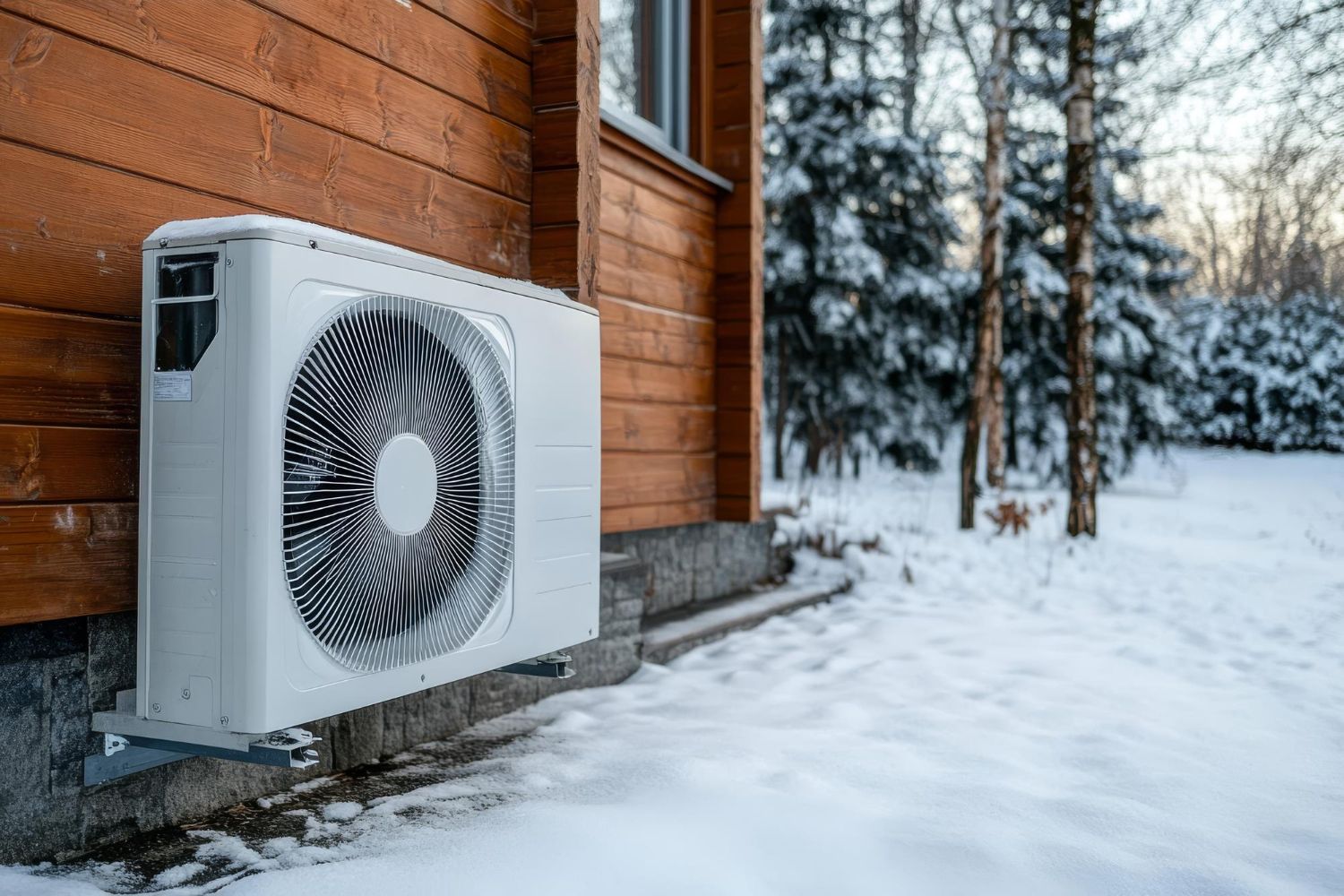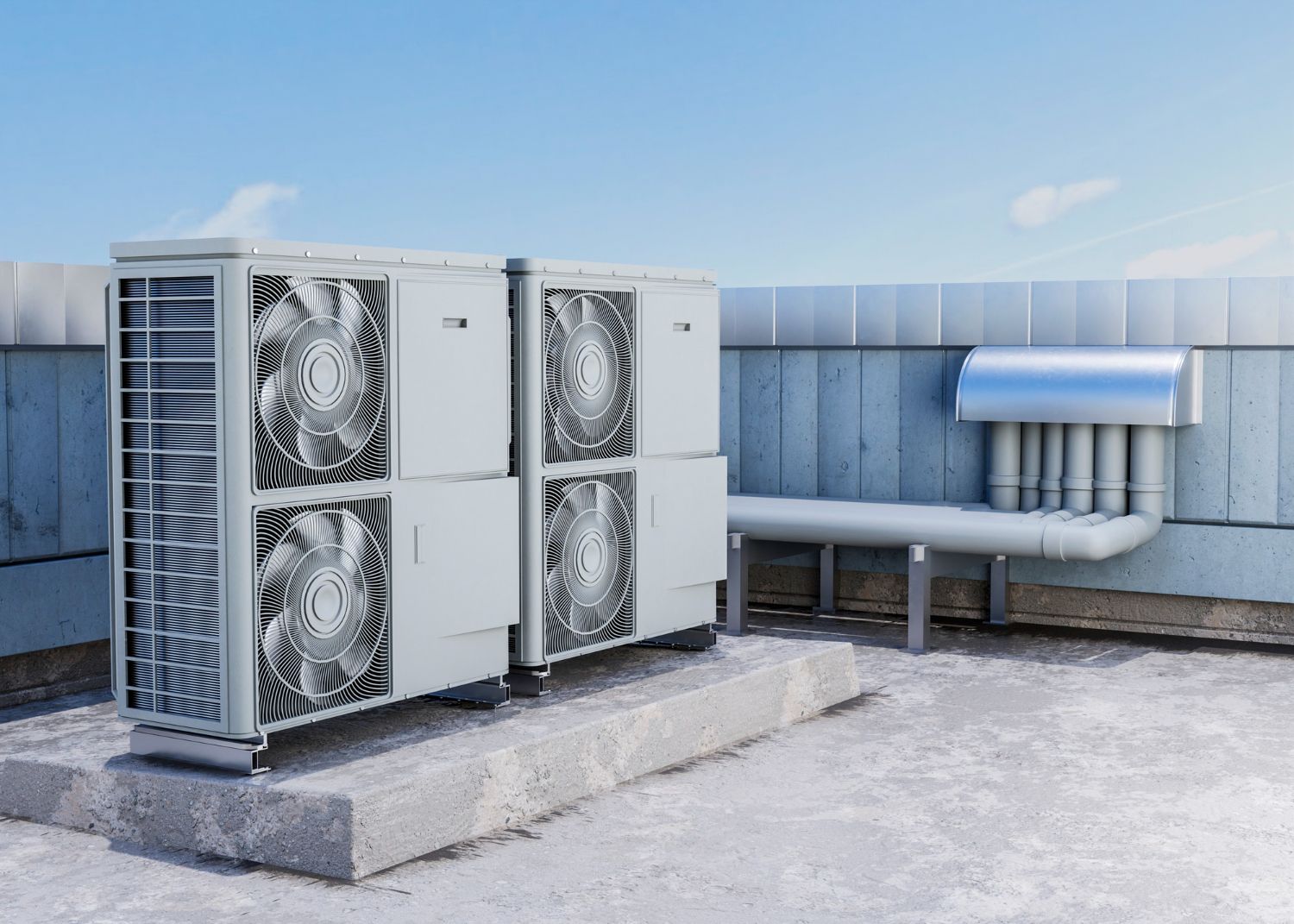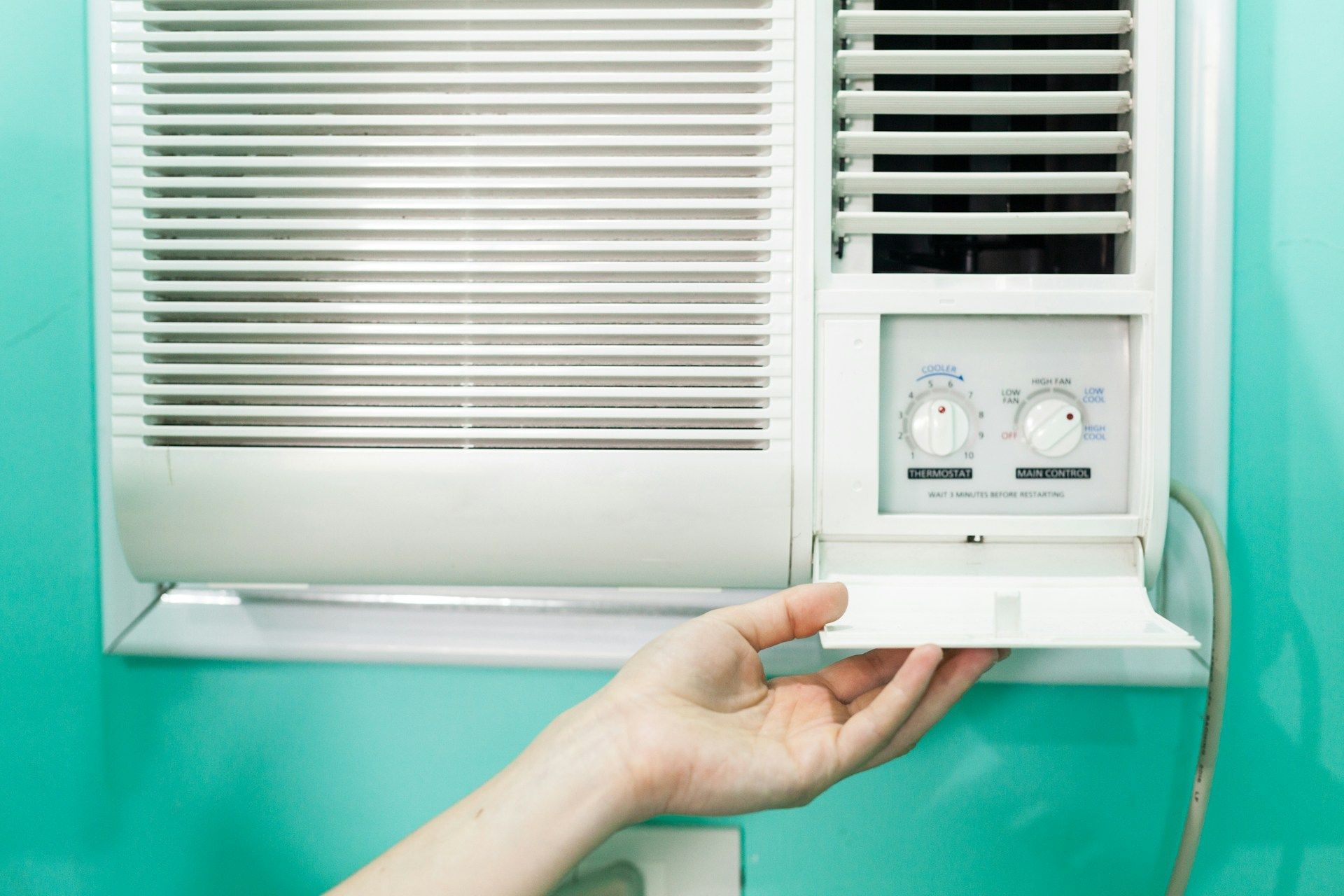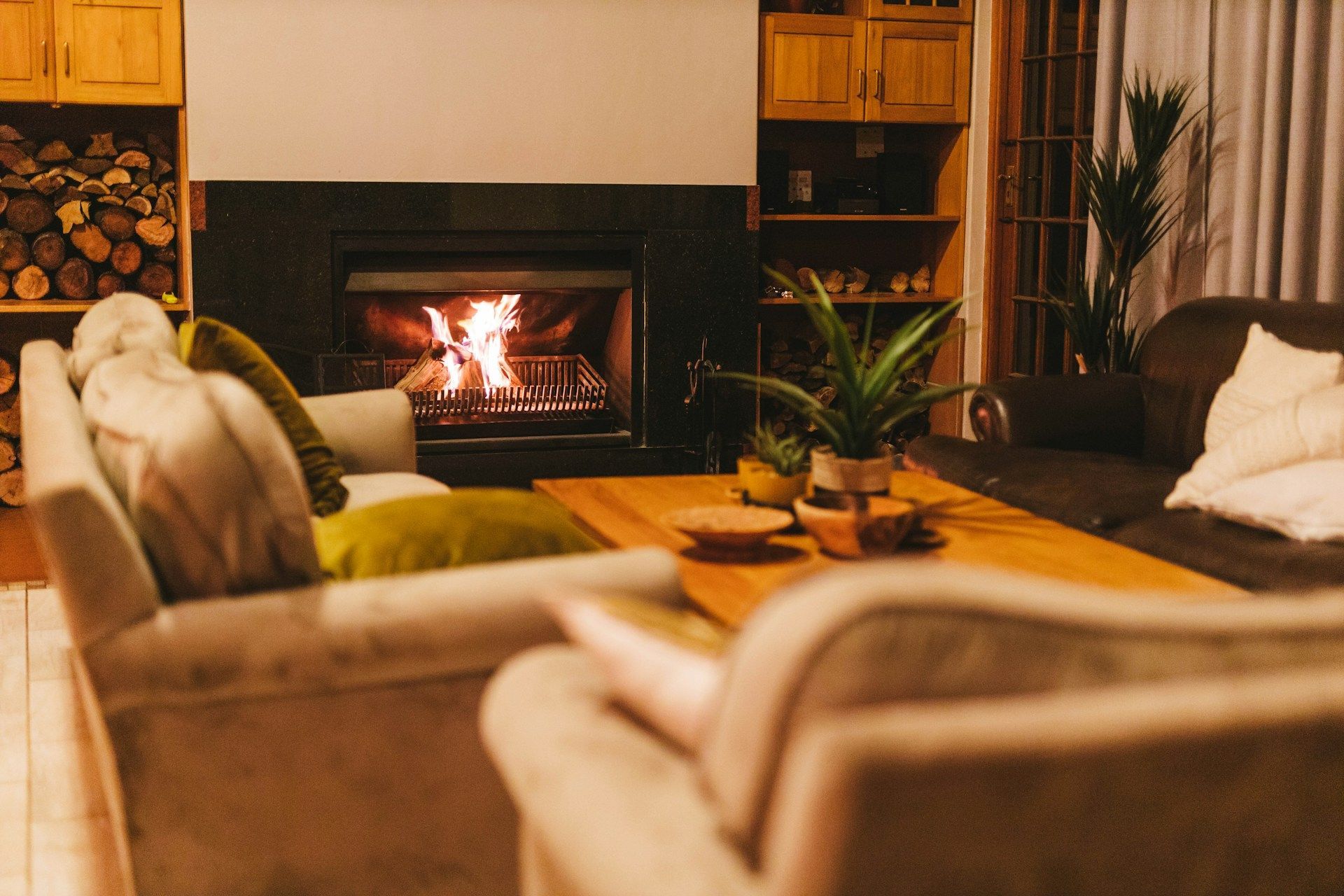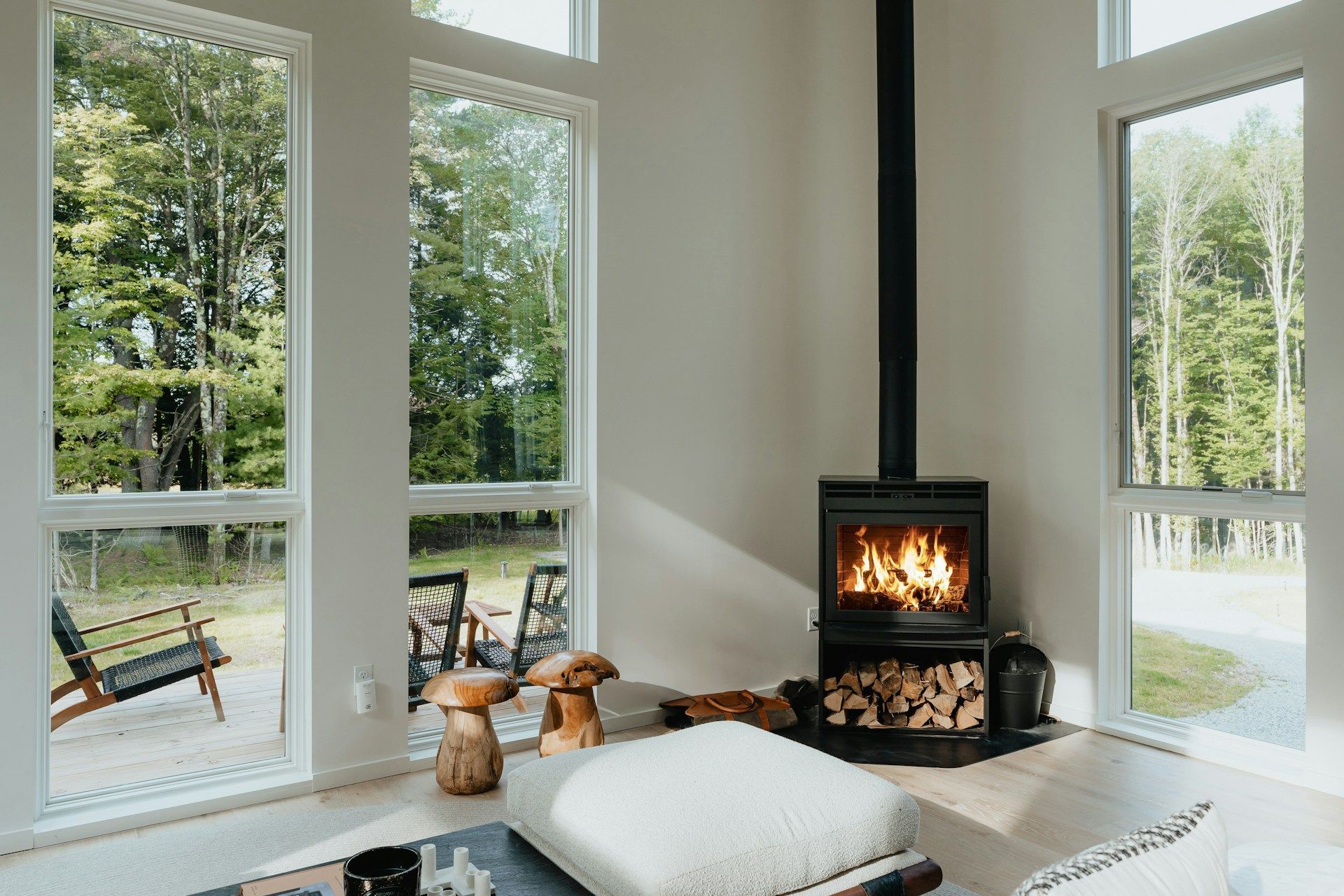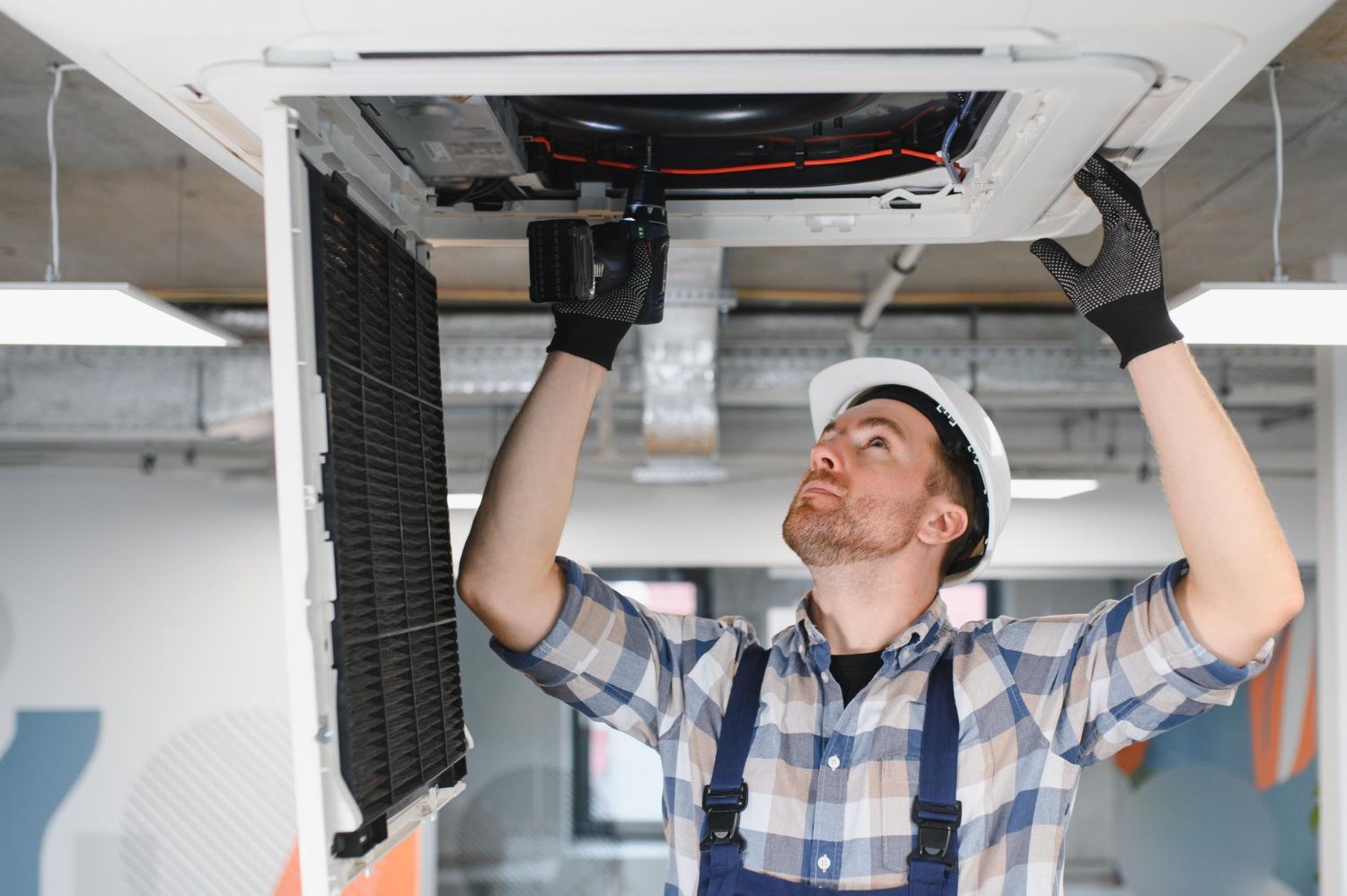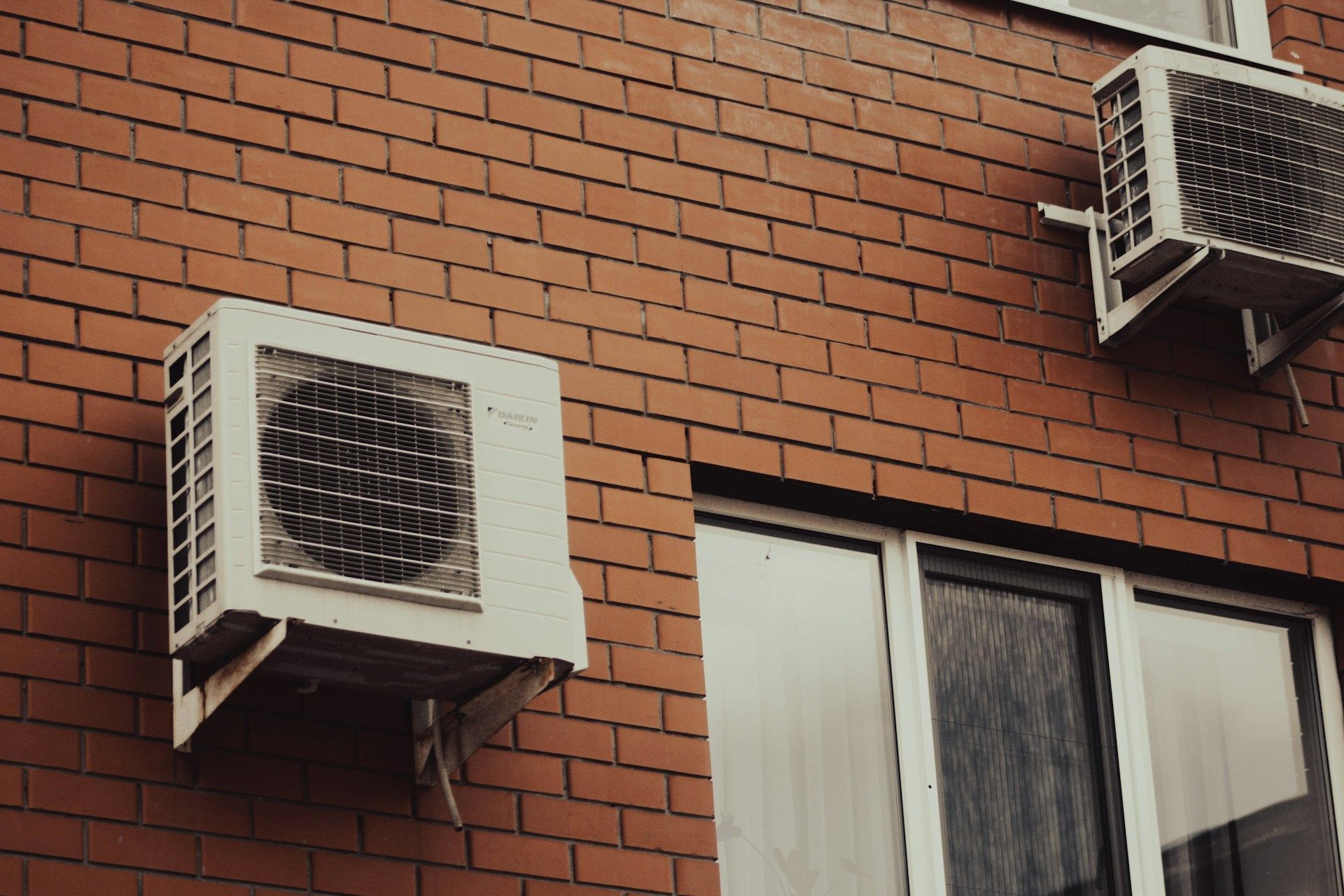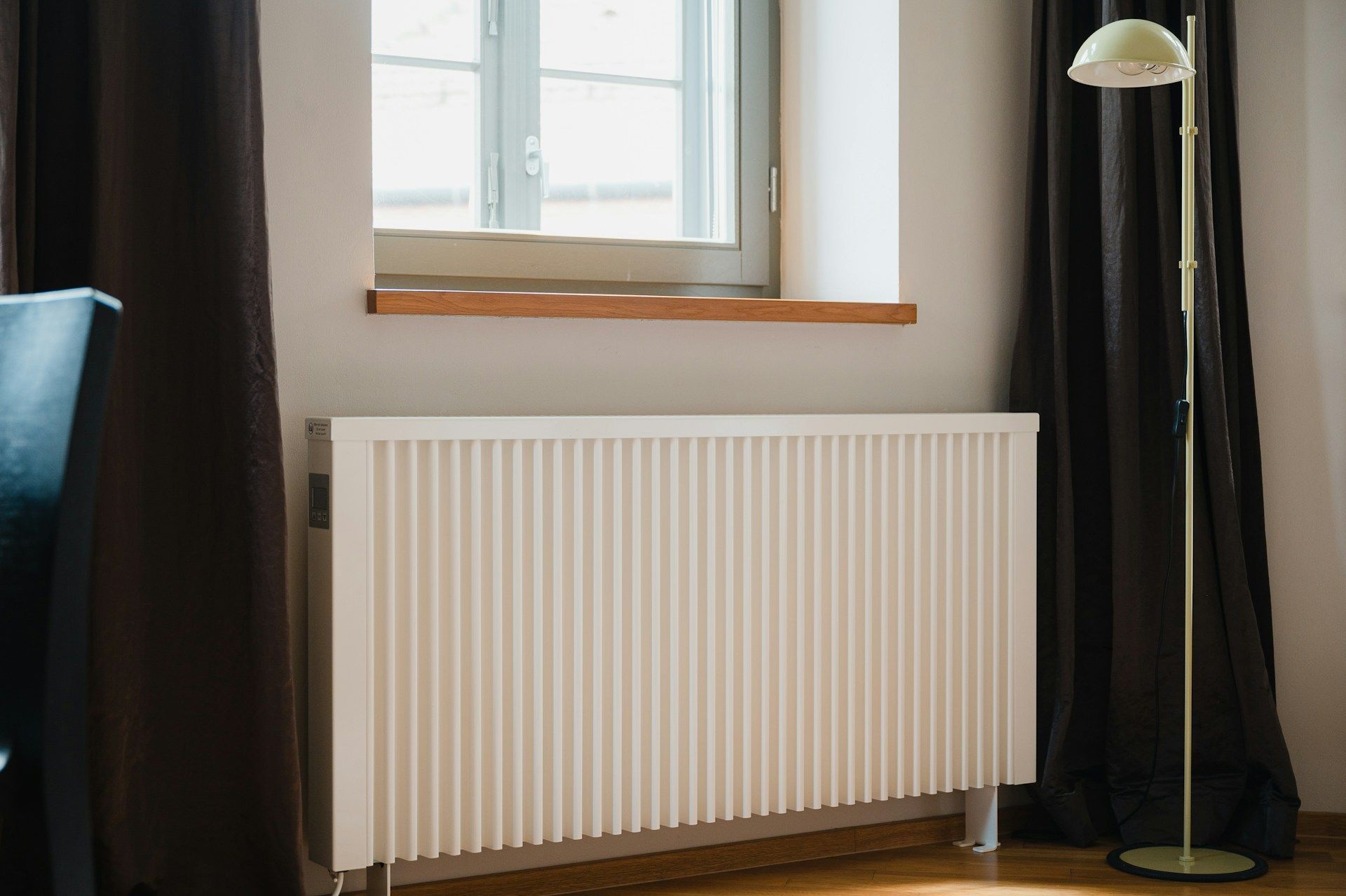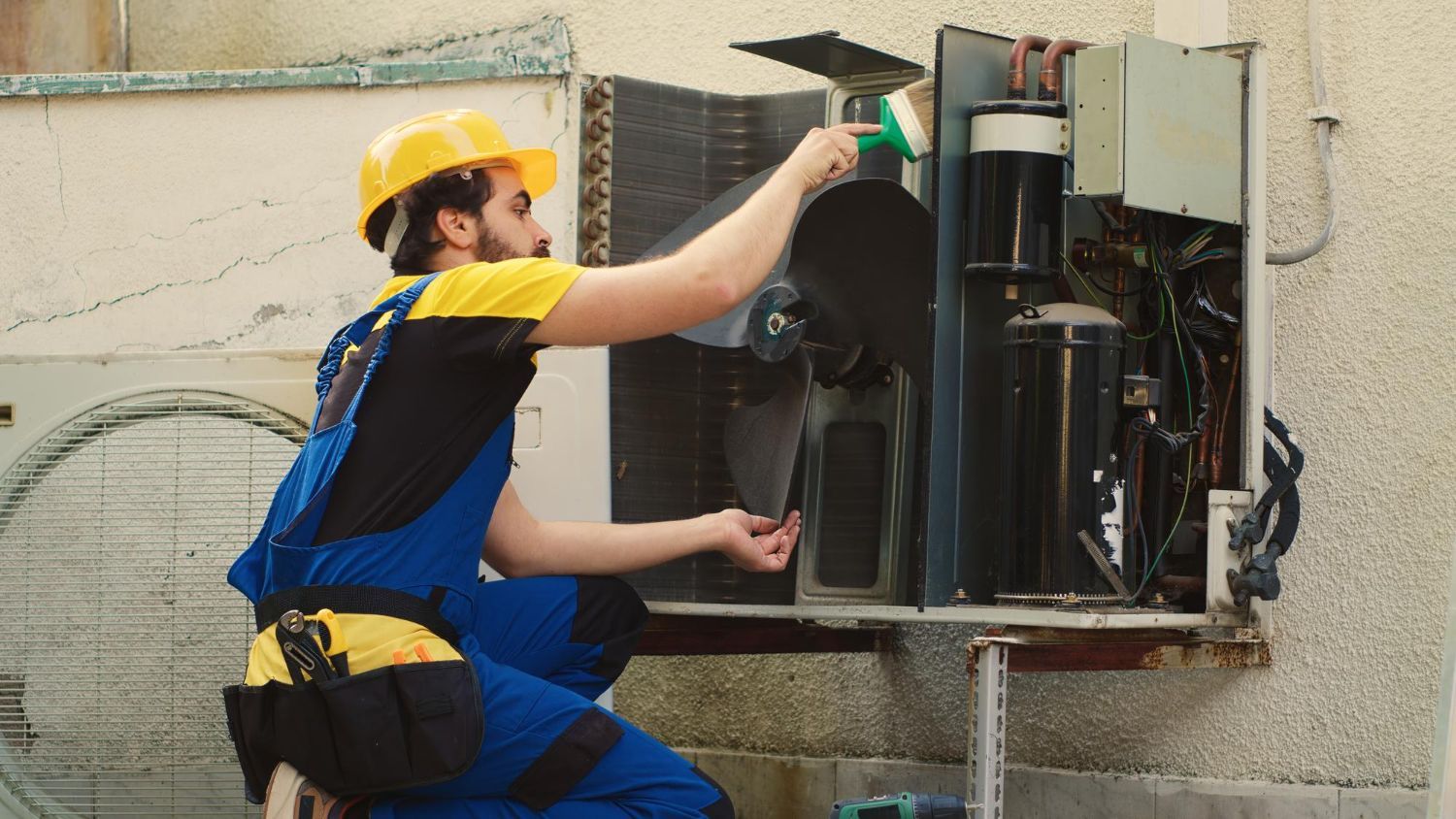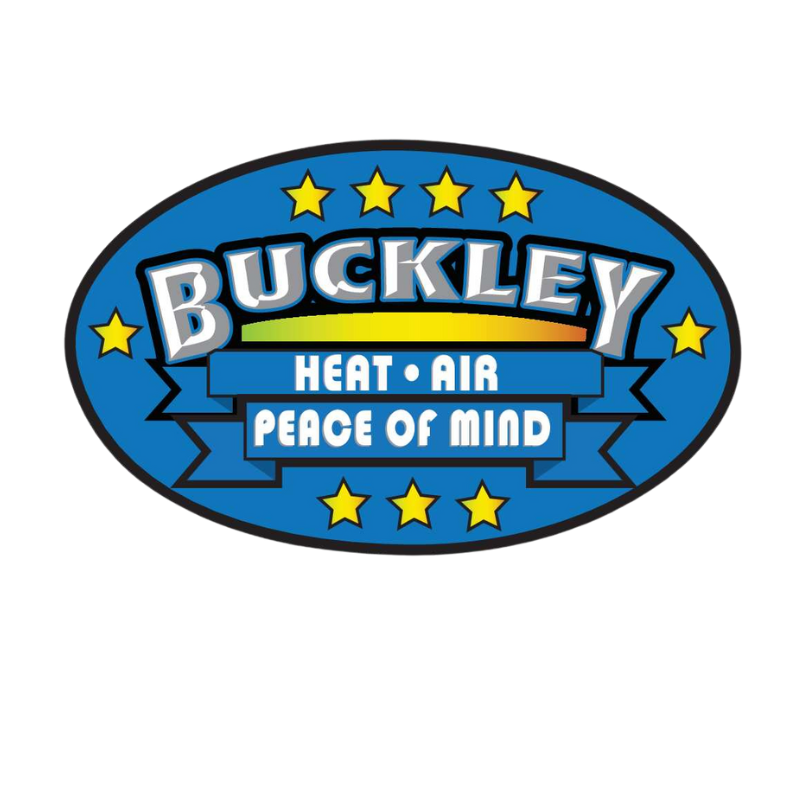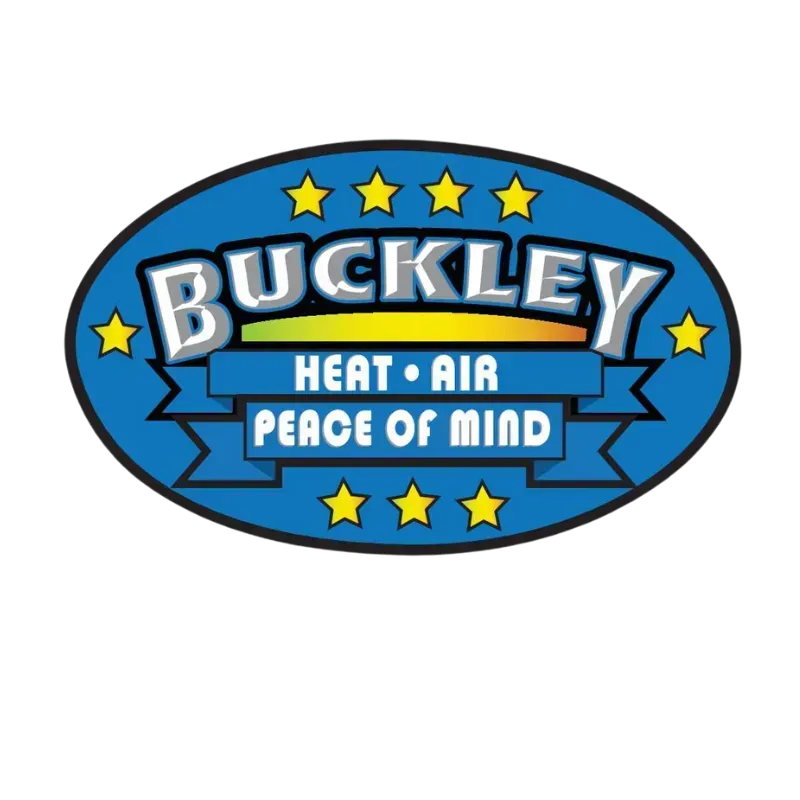An air conditioning system that stops and starts over and over again can be frustrating and confusing. You might notice that the cool air doesn’t last long or that the unit seems to kick on every few minutes only to shut off again. This issue isn't just annoying—it’s also a sign that something could be wrong with your central AC system. That kind of behavior is called short cycling, and if it’s happening in your home, you’ll want to address it soon to avoid bigger headaches down the line.
More than just a cooling issue, short cycling can lead to higher energy bills, increased wear on your system, and poor indoor comfort. It’s especially frustrating during the end-of-summer months when your AC is still working hard to deal with the lingering heat. If you live in Citrus Heights, CA, keeping your cooling system efficient makes a difference when temperatures refuse to drop.
What Is Short Cycling?
Short cycling means your AC turns on, runs for only a short time, and then shuts off before reaching the set temperature. A normal cooling cycle should last several minutes. If your system keeps turning off early, it never gets a chance to cool your home properly. That puts extra strain on the components, especially the compressor.
Here are a few common signs that your AC might be short cycling:
- The system runs for less than 10 minutes at a time
- There’s barely a break between cycles, or too many cycles per hour
- Your home stays warmer or muggier than it should
- You hear the AC starting up often without consistent cool air
It’s easy to overlook these signs during a busy day. But if you’re walking past a vent and feel a weak burst of cool followed by nothing for a few minutes, only to hear the outdoor unit rev up again, short cycling may be to blame. One homeowner told us they thought a storm was tripping their breaker because the AC buzzed on and off so frequently, but the real issue was in the unit itself.
Short cycling isn't just a pattern. It’s a sign of an imbalance in your system. Something is causing the unit to cut off early, and over time, that can lead to bigger repairs. The next step is figuring out what's triggering the frequent stops.
Common Causes Of Short Cycling
There’s no one answer to why your air conditioner is stopping and starting too often. But some problems show up more than others when we’re diagnosing this issue.
1. Improperly Sized AC Unit
If your central AC is too large for your space, it cools the area too quickly and shuts off before completing a normal cycle. That may sound fine, but it causes the system to restart more often, leading to faster wear and uneven temperatures. A unit that’s too small struggles to keep up and may run in many short bursts trying to match the thermostat setting.
2. Thermostat Problems
A faulty or poorly placed thermostat can confuse your AC. If it’s near a vent or sunny spot, it may misread the room temperature and shut the unit off too soon. Malfunctioning sensors inside the thermostat can also lead to unpredictable system behavior.
3. Refrigerant Leaks
Low refrigerant means your air conditioner can’t cool the air the way it should. The reduced pressure may trigger the system to shut off too early. On top of that, the coils may start to freeze over, which makes the problem worse. When there isn’t enough refrigerant, your cooling takes a hit and the system shuts off before its job is done.
4. Airflow Restrictions
When your system can’t breathe, things go wrong quickly. Blocked vents, dirty filters, or closed dampers reduce airflow, which in turn causes the system to shut down before completing a full cooling cycle. That repeated start-stop pattern wears down the motor and lowers comfort fast.
Knowing the root cause of your AC’s short cycling helps narrow down solutions. From thermostat adjustments to addressing blocked vents, most issues can be pinpointed by trained professionals. Once the source is addressed, your system can get back to running the way it was designed to.
How Short Cycling Affects Your Central AC System
Short cycling wears out your system faster than you might think. Each time your AC starts and stops, the parts inside take a hit. Components like the compressor and blower motor aren’t built to restart constantly. Over time, that wear builds up and can lead to large repair bills.
Starting up also uses more energy than running in a stable cycle. So while your AC might not be on for very long, those frequent restarts add up quickly and drive your power bill higher.
And then there’s your comfort. When your system doesn’t complete a full cycle, some rooms may not get any cool air while others might feel drafty. Humidity levels can also stay high, since part of your AC’s job is to reduce moisture in the air. Since short cycling cuts that process short, your indoor air may feel sticky even though the AC is running.
If your AC short cycles regularly, it works harder, cools less, and costs you more. It’s a combination that’s not good for your equipment or your wallet.
Solutions And Prevention
The good news is, once you recognize the signs, you can take action. Short cycling is usually fixable, and with the right steps in place, you can prevent it from coming back.
Here are some ways to solve and avoid short cycling:
- Schedule regular maintenance
Just like a car, your HVAC system runs better with regular checkups. A technician can catch small issues before they turn into major problems.
- Have a pro check the system size
If your unit was too big or too small from the beginning, it could be the main reason for short cycling. A professional can take the measurements of your home and recommend a better fit if needed.
- Inspect and replace the thermostat
Sometimes, the thermostat is the root of the issue. Installing a modern, more accurate unit—or simply moving it away from hot zones—can make a big difference.
- Change air filters on time
One of the easiest things you can do is swap out old filters. Dirty filters block airflow, which messes with how the system runs and can lead to short cycling.
- Fix refrigerant leaks
If cooling power seems weak, a leak could be the problem. A technician can test for it, seal it, and recharge the system if needed.
These steps not only correct short cycling but also help your AC last longer and cool more efficiently all season long.
Keeping Your AC Running Smoothly
When the heat sticks around, like it often does in Citrus Heights, CA, you need a central AC system that runs without a hitch. Short cycling takes away both your comfort and your savings if it’s not handled early. The best way to stay ahead is with regular maintenance and inspections at least once a year.
Your HVAC system works hard, and sometimes it needs attention before bigger problems develop. By catching short cycling early, fixing the underlying cause, and scheduling expert support when needed, you’re investing in long-term comfort and fewer breakdowns. The more you stay ahead of the issue, the cooler and more comfortable your home will stay.
Resolving issues with your air conditioner doesn't have to be a hassle. If you're dealing with problems like short cycling, let Buckley Heat Air help get your system back on track. Our team is here to handle your
central AC repair efficiently so you can enjoy dependable cooling and better comfort at home.

